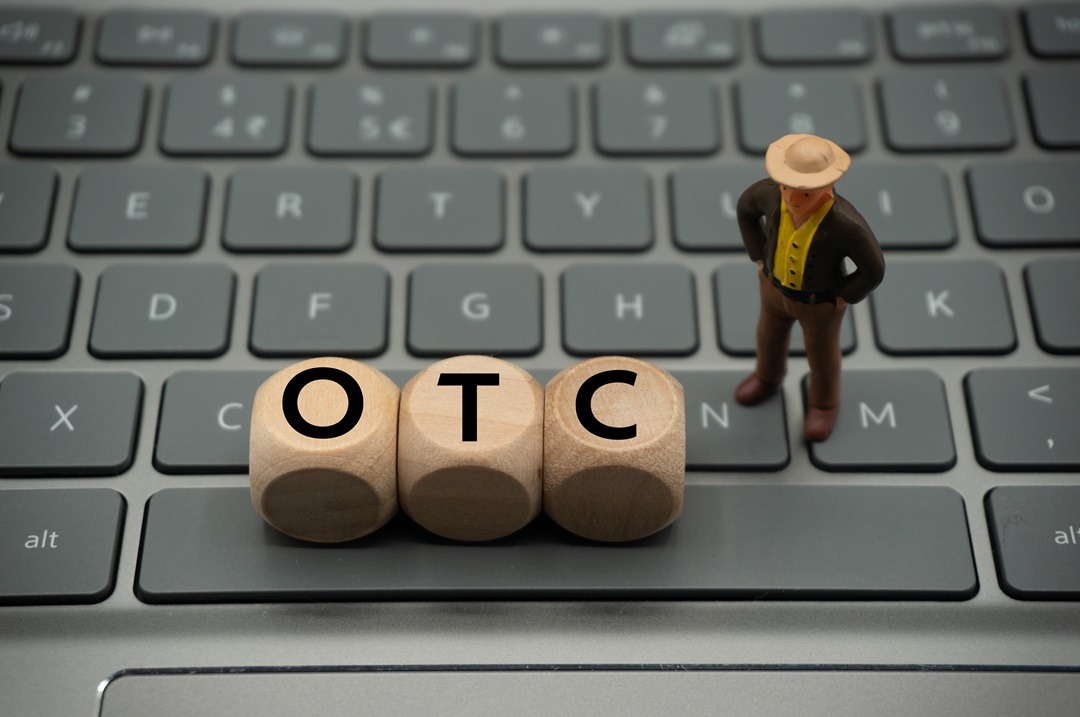How to Do Cross Border Payments?10 min read
Reading Time: 4 minutesAlthough cross border payments can be challenging for businesses operating internationally, they remain essential.
Cross border payments solutions help companies diversify their customer and supplier bases and investment portfolio while decreasing dependence on local markets.
Additionally, cross border payments help save businesses money on transaction fees, currency exchange rates and other charges.
Cross border payments refer to any transaction between two or more countries and can involve individuals, businesses, banks or other settlement institutions.
They play a major role in global economic growth and trade while alleviating poverty and encouraging social inclusion; yet their costs and risks can often outstrip their benefits that is why improving cross border payments has been one of G20’s top priorities.
Before exploring cross-border payments, we should master the answer to the question “what is a cross border payment?”
What is the Cross Border Payment System?
Cross border Payments system refers to transactions which occur across international boundaries and may include remittances, direct deposits and credit/debit card transactions.
When purchasing something, money transfers from one account to the other via financial systems. Cross border payments require additional stages as currency changes, transaction fees, and exchange rates must all be factored into this process.

What are the Types of Cross Border Payments?
There are various methods of cross border payments solutions available, including bank transfers, credit card payments and eWallets. Certain of these payment options are more popular in certain regions than others; to make an informed decision when using them.
There may be counted examples of B2B cross border payment solutions. These cards may be widely used but their usage can become costly when making international purchases due to currency conversion fees and transaction taxes.
Although transaction fees can sometimes be unavoidable, they can have a major effect on the overall cost of doing business. Therefore, it’s essential that when planning your business strategy you consider them when planning payment methods; some customers might prefer debit/credit cards while others might prefer buy now, pay later (BNPL) options or cryptocurrencies now.
Apart from these traditional methods, one of the most common methods is cryptocurrencies now. Many businesses have benefited from cryptocurrencies in order to manage their cross-border payment needs. As The Guardian Bank, we offer great solutions for all your needs related to cross border payments. You can launch your cross-border transactions for your business now to contact The Guardian Bank.
How Cross Border Payments Are Done?
To successfully launch a cross-border transaction, payment systems must exchange information with systems in different jurisdictions. As domestic payment systems typically do not connect directly to one another, cross-border transfer must go through an intermediary known as a correspondent bank.
Cross border payment systems can be simply explained as follows: the payment message sends instructions to debit an account in Bank A and credit another in Bank B without directly debiting/crediting accounts directly; hence they must transact via a correspondent bank which both parties hold accounts at.
Cross border payments are becoming an increasingly popular means for both consumers and businesses to purchase goods and services from overseas suppliers, whether through bank transfers, credit card payments, e-money wallets, etc.
Unfortunately, the process can be both expensive and time consuming due to various regulations and compliance requirements that must be abided by such as strong customer authentication, data security standards compliance requirements (PCI DSS), when you are working with an unreliable platform.
What Currency is Used for Cross Border Payments?
As our digitalized world becomes more interdependent, cross border payments are on the rise. International transfer volumes are projected to increase five percent every year until 2027 and companies are seeking ways to optimize their cross-border payment strategies by using alternative payment methods and saving transaction fees and delays.
Cross border payments involve several banking systems and multiple currencies, creating additional costs through currency conversion fees, transaction fees and local tax regulations.
Added steps and banking systems also slow down payment processing and these payments may need to travel through several time zones and jurisdictions before reaching their final destination.
Unlike traditional methods, the fastest and most reliable cross-border transactions results can be obtained through cryptocurrencies. Many huge businesses have been turned to cryptocurrencies now. They prefer cryptocurrencies for their cross-border transactions.
Since these digital assets offer high level security and fast transactions even for cross-border ones.

What are Traditional Cross Border Payment Methods?
Traditional cross border payments typically utilize international wire transfers, credit cards and online payment platforms as the most prevalent ways for businesses to receive global payments.
Unfortunately, however, they can be both costly and time consuming to process. They may also be vulnerable to fraud and cyber attacks; to protect themselves against these risks it is vital that businesses implement strong cybersecurity and compliance policies.
Credit cards remain the go-to method for cross border payments, yet these require significant work from both credit card networks and acquiring banks to convert payments between currencies, leading to higher transaction fees passed on to consumers.
A better solution could be using a global payment platform which streamlines this process while decreasing associated costs for all parties involved.
Best Bank to Do Cross Border Payments
Cross-border payments must not only be faster, cheaper, and more transparent; they must also be safe and secure. Such improvements are essential to global economic growth, international trade, global development, and financial inclusion.
Yet despite their importance the cross-border payment ecosystem remains fragmented with multiple efforts focused on specific challenges that have varying degrees of success.
In order to get best returns in financial projects managed by using a cross border payment gateway, gateway providers should be chosen carefully.
Even though there are countless platforms that serve as cross border payment services, priority should be given to reputable and reliable platforms such as The Guardian Bank.
We offer fast and secure services involving cross-border transactions and digital wallet management, at The Guardian Bank. If you desire to launch your cross-border transactions by using cryptocurrencies for your business you can contact The Guardian Bank now!



